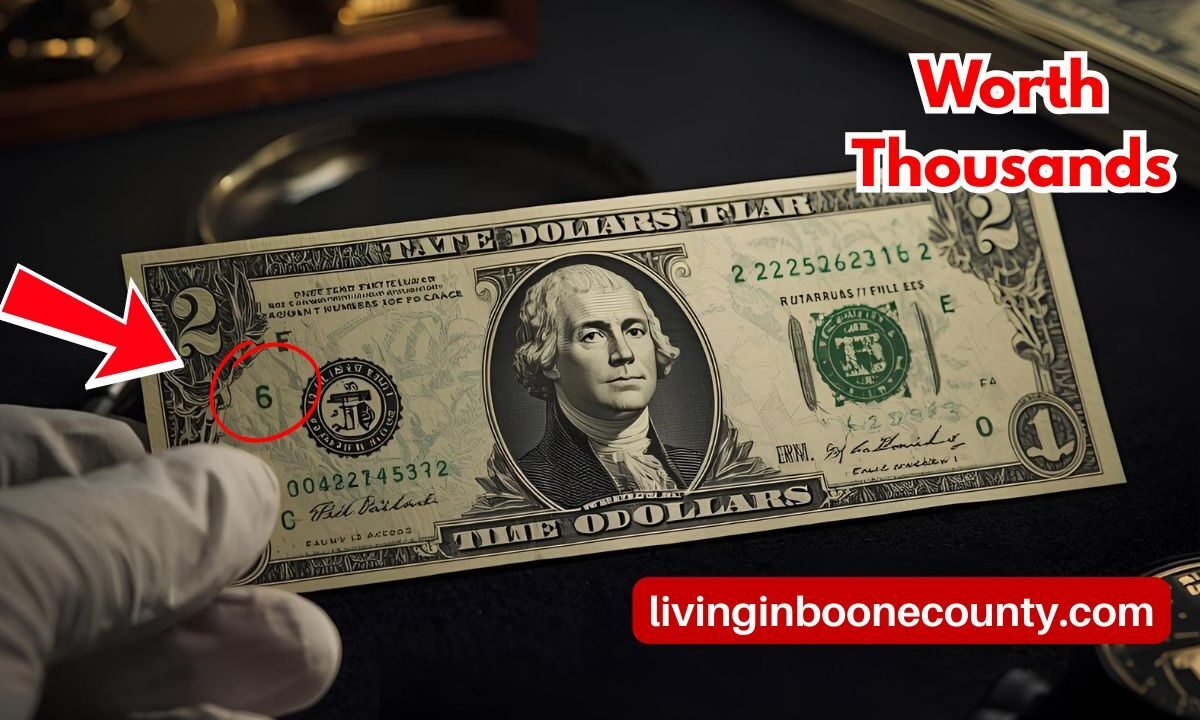If you’ve ever found a $2 bill in your wallet or drawer, you might have wondered: is it just two bucks, or could it be worth thousands? While most $2 bills are common and worth their face value, some rare editions can fetch big money from collectors.
Let’s explore which $2 bills are valuable, how to check their worth, and what to do if you want to sell them.
How to Check the Value of Your $2 Bills
Knowing the value of a $2 bill isn’t as hard as it seems. Follow these steps:
Identify the Series and Condition
- Series Year: Check the year printed on the bill. Older bills are usually more valuable.
- Seal Color: Look for a green or red seal. Red seals often make a bill more collectible.
- Condition: Note any folds, tears, or marks. Pristine bills are worth far more.
Research the Value
- Compare similar bills sold on eBay, auction sites, or currency dealer websites.
- Use currency pricing guides like Heritage Auctions to estimate the value.
Find a Buyer
- Sell online via marketplaces like eBay.
- Visit coin and currency dealers.
- Auction houses specializing in paper money are another option.
Store Your Bill Properly
- Keep uncirculated bills in protective sleeves.
- Avoid folding or touching the bill too much.
- Store in a cool, dry place to prevent damage.
Most Valuable $2 Bills from the 1800s and 1900s
Not every $2 bill is valuable. Certain editions stand out due to rarity, historical importance, or printing errors.
| Year / Type | Description | Estimated Value | Notes |
|---|---|---|---|
| 1862 & 1869 Legal Tender | Portrait of Alexander Hamilton | $500–$3,000+ | Early editions, rare and historic |
| 1890 Treasury Note | Features General James McPherson | $4,500+ | Can fetch tens of thousands at auctions |
| 1928 Red Seal | Shows Thomas Jefferson’s Monticello | $5–$1,000+ | Early modern $2 bills, highly collectible |
| 1953 & 1963 Red Seal | Later editions with red seal | $5–$20 | Popular with beginner collectors |
| 1976 Bicentennial | Special serial numbers or stamps | $20–$900+ | Ladder serial numbers can be worth thousands |
Uncirculated vs. Circulated $2 Bills
The condition of a $2 bill is key to its value:
- Uncirculated: Never used, crisp, clean, no folds or tears. Worth significantly more.
- Circulated: Used in everyday life, often worn. Less valuable but can still attract collectors.
For example, a 1928 red seal $2 bill in perfect condition can sell for over $1,000, while a worn version might only fetch $5–$175.
How Many $2 Bills Are Still in Circulation?
Even though they seem rare, $2 bills are still common.
- Over $3.2 billion worth of $2 bills were in circulation as of December 2023.
- The Bureau of Engraving and Printing printed around 128 million new $2 bills in 2023.
- Banks still distribute them, and they are legal tender, though they’re less commonly used in daily transactions.
While most $2 bills are just worth two dollars, certain editions can be a collector’s treasure.
Whether it’s a rare 1890 Treasury Note or a 1976 bicentennial bill with a ladder serial number, it’s worth checking your stash. Proper identification, research, and storage could reveal a hidden gem that’s worth thousands.
FAQs
How can I tell if my $2 bill is valuable?
Check your $2 bill’s series year, seal color, and condition. Rare series, red seals, uncirculated bills, or ones with unique serial numbers or errors are usually more valuable.
Where can I sell my collectible $2 bill?
You can sell your $2 bill online via eBay, at coin dealers, or through auction houses, which can also help evaluate its value.
Are $2 bills still being printed?
Yes! The U.S. Treasury still prints millions of $2 bills yearly. They are legal tender, though collectors often keep rare or uncirculated ones.

